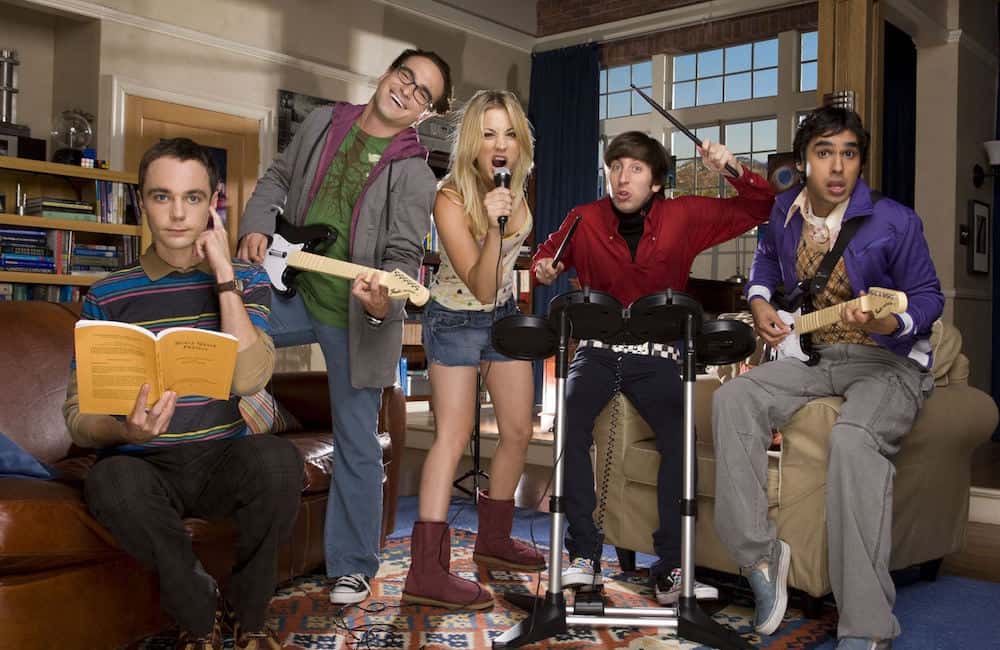
The term “meeting planner” has control freak essentially written in its name.
Yes, meeting planners like to plan and therefore control situations so that they are executed to perfection. Control freaks have long held bad reputations for not being good team players or for simply setting the bars to high. However, being a control freak doesn’t have to be a bad thing. In fact, most good meeting planners require these character traits to do their jobs well. Here are three of your favorite TV control freaks that prove these character traits more often than not lead to success—especially in the meetings industry.
Monica Geller’s Need to Be Clean Leads to Focus & Efficiency
Yes, Monica likes to be clean and is known for nagging the “Friends” group a time or two. But a control freak’s need to de-clutter his or her environment leads to enhanced focus and efficiency. Case in point: Monica lands a job as a head chef in the male-dominated food industry and ends up having a healthy, loving relationship with Chandler. She does this by being decisive and sticking to her morals, i.e., not accepting Pete’s offer to buy her a restaurant or staying with Richard despite him not wanting kids. Organized meeting planners help create a focused and efficient work environment that leaves little room for error.
Leslie Knope’s Hard Work Gets the Job Done
Control freaks do not shy away from hard work, and Leslie Knope from “Parks and Recreation” is a prime example. While Leslie’s desire to work nights and weekends—quoted saying that she’ll work tell she’s 100 and then “cut back to four days a week”—irks several of her fellow team members, she also leads the team to success. She wins the vote as city councilwoman and then ends up running the National Park Service, all while balancing life as a mother of three. Similarly, meeting planners who find the drive to work hard will encourage other team members to do the same and, in turn, create a top-notch event.
Dr. Sheldon Cooper’s Desire to Lead Allows for Creative Vision
Most control freaks have the courage to stick to their vision even when people don’t agree with them. Dr. Sheldon Cooper plays a senior theoretical physicist at the California Institute of Technology whose unyielding stubbornness lead him to revolutionize String Theory research on “The Big Bank Theory.” While, yes, he plays a stereotypical know-it-all, he also brings creative vision to all aspects of his life—his costumes at Comic-Con or his podcast “Fun with Flags”—proving that meeting planners who are natural leaders can truly develop what’s new and next in the industry.




